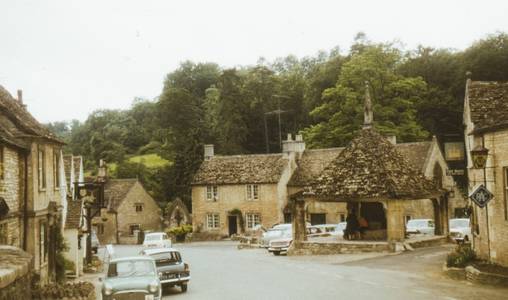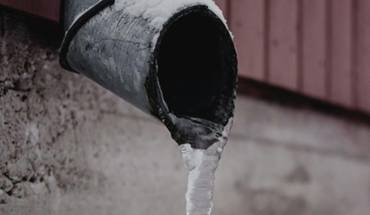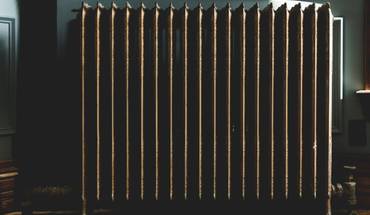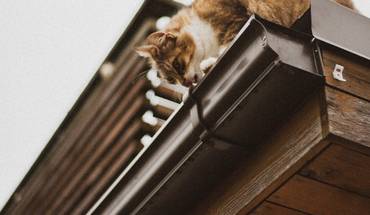Some common plumbing system problems in older homes
Maintaining your home's plumbing system is an important part of ensuring its overall health and longevity.
But older homes are more likely to have outdated plumbing systems that are prone to a range of issues. So, if you own an older home, there are common plumbing problems that can occur.
Over time, plumbing systems deteriorate, causing a potential range of issues from leaks and clogs to low water pressure and sewer backups. Older homes may have outdated fixtures or hazardous materials such as lead pipes, which can pose a health risk to residents.
What’s more, a failed pipe can result in extensive water damage inside your home.
Pipes
If your pipes are failing you might find things like pinhole leaks, corroded pipes or low water pressure more common. If you start to see discoloured water, you should get your pipes inspected straight away.
But how long should a pipe last? This depends on the type of piping. It’s common to read the following:
· Copper – 50-70 years
· Brass – 80 to 100 years
· Plastic – 50 to 100 years
· Galvanised steel – 80 to 100 years
· Cast iron – 80 to 100 years
But in reality, it can be harder to judge the lifespan of pipes. Manufacturing defects, damage before installation and poor installation plus natural deterioration can all lead to pipe failures. And of course, a pipe system that relies on joints also has a risk of failure at the joint, not just the pipe itself.
Galvanised pipes
A galvanised pipe is a type of steel pipe that has been coated with a layer of zinc to protect it from corrosion. The zinc coating helps to prevent rust from forming on the surface of the pipe, which can extend the life of the pipe and help it to withstand exposure to various environmental factors.
Galvanised pipes were commonly used in older homes, before the 1960s. They were believed to be more durable than other types of pipes. Over time, the zinc coating on galvanised steel pipes can begin to wear away, exposing the steel underneath to the elements. This can lead to rust build up on the inside of the pipe, debris from which can clog the system. You could find your water flow reduced, a decrease in water pressure, leaks, or even complete pipe failure in severe cases.
While this pipe material is no longer commonly used in construction, many older houses still have galvanised pipes in their plumbing systems.
If you have galvanised pipes in your home, have them inspected by an experienced plumber on a regular basis to identify any potential problems and ensure that your plumbing system is functioning properly.
Lead pipes
Lead pipes were commonly used in plumbing systems prior to 1970 and are known to pose a health risk. When lead pipes corrode or break down, they can release lead particles into the drinking water supply, which can be harmful if ingested, particularly in children.
If your home still has lead pipes or you suspect that your home has lead pipes, it's important to have them inspected and replaced as soon as possible.
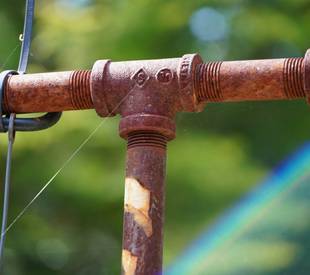
Leaky Tap? Burst Pipe? We’re On It
Fast, reliable plumbing repairs with no hidden fees.
Book an Able Group Plumber TodaySewer line issues
The sewer lines in older homes may have deteriorated, leading to cracks and leaks. Tree roots can grow into the pipes. And unfortunately these problems can lead to sewage backups, foul smelling wastewater and other issues. Pipe belly and channelling are common examples. Keeping drains and sewers clear is important in the overall health of your sewage system.
Both channelling and pipe bellies can be difficult to diagnose, as the damage may be hidden underground. What’s more, they often look similar until the drain is jetted.
Pipe belly: Pipe belly is where the entire sewer line develops a low point or sag. This can be caused by settling or shifting of the ground, or by the weight of the soil above the pipe pushing down. Pipe belly creates a ‘negative slope’ in the line (i.e. where the water is forced to try to run uphill).
Channelling: Channelling refers to the gradual erosion of the pipe thanks to the water flow (think of a river carving out a ravine). The entire length of pipe will stay in shape and have a positive slope, but an individual section can become channelled.
This can cause water and waste to collect in the dip rather than flow through the pipe, leading to slow drains, clogs, and sewage backups.
Channelling can be repaired by relining the sewer pipe by inserting a flexible liner into the damaged pipe and inflating it, creating a new pipe within the old one. Fixing pipe belly involves digging up the damaged section of the sewer line and replacing it with a new section of pipe.
Old fixtures
Older plumbing fixtures, such as taps and toilets, will have suffered more general wear and tear than modern systems. Very outdated fixtures can lead to leaks and other problems. Replacing these fixtures with newer models can help prevent plumbing repairs and improve water conservation.
In addition, older fittings may not be up to building regulations or may not meet modern standards for pressure and temperature ratings. This can result in weak points in the plumbing system, which can cause leaks or even burst pipes.
It is generally recommended that all fittings in a plumbing system be of the same age and material type to avoid compatibility issues. If you need to replace a section of your plumbing system, it is best to replace all fittings in that section to ensure that they are all compatible and meet the regulations.
Lack of shut-off valves
In older homes, shut-off valves may not be present for individual plumbing fixtures, making it difficult to isolate and repair problems. Installing shut-off valves can make it easier to perform routine maintenance and repairs on your plumbing system.
Old water heaters
Older water heaters and boilers may be less efficient than newer models, leading to higher energy bills and potential leaks. Regular maintenance and inspection can help ensure that your water heater is functioning properly and identify any potential problems before they become major issues.
In any case, for safety reasons you should get an annual boiler service, regardless of the age of your boiler or heater.
Final thoughts
Common problems in old houses include leaks, clogs, low water pressure and outdated or hazardous materials.
But with regular maintenance you can prevent bigger, more expensive problems from developing. If you are experiencing plumbing issues or are unsure about the condition of your plumbing system, give our team of experts a call.
And if it’s a plumbing emergency, we got you covered too. You’ll easily find an Able Group local plumber, 24/7 seven days a week, ready to help with your plumbing issues.
Take proactive steps to maintain your plumbing system. Call us on 0330 108 4111.

